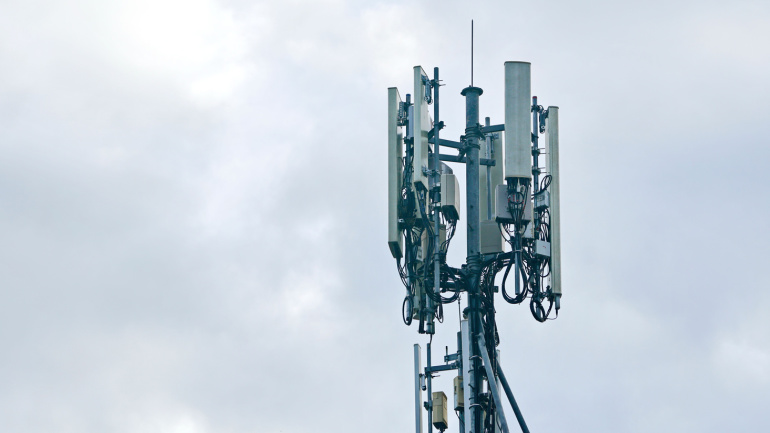
In an exciting development in the telecommunications sphere, pioneering operators Vodafone and Orange have collectively embarked on a pilot, producing the first ever real-life experience of 4G calls over a collective of shared network sites in an Open RAN setting in Romania. This groundbreaking experiment took place in a rural locale near Bucharest, following a declaration made earlier in February that both operators would develop an Open RAN with RAN sharing in selected rural regions of Europe where they jointly operate mobile networks.
The objective of this commercial traffic pilot is to showcase the potential advantages of a virtualised radio access network that is based on Open RAN’s standardized interfaces. This includes the ability to carry out remote software modifications. Interestingly, the pilot draws from the experiences derived from Vodafone UK’s Open RAN deployment and integration testing in Orange’s Open RAN laboratory in France. The technical structure composed for this pilot comprised of a Samsung commercial virtualised RAN solution, a Wind River abstraction layer situated above the hardware for RAN software deployment and scaling and Dell PowerEdge servers.
Furthermore, this development doesn’t stop at 4G. Both Vodafone and Orange have revealed their plans to soon initiate 2G, followed by 5G, over the shared Open RAN sites. This will mark a revolutionary event – the first instance where 2G radio software is fully amalgamated within a virtualised Open RAN environment in Europe.
Alberto Ripepi, Chief Network Officer at Vodafone stated, “Alongside Orange we have developed a model which will serve as a blueprint to extend mobile networks to rural communities across Europe. Open RAN sharing will allow us to reduce costs by sharing hardware components while independently managing our own RAN software in the cloud to be able to offer differentiated services to our respective customers.”
Bruno Zerbib, Chief Technology and Innovation Officer at Orange, echoed similar sentiments, “This first pilot deployment of Open RAN within Orange is an important milestone to demonstrate Open RAN is now mature for roll-out in brownfield networks. It opens the door for wider scale deployments across the group, and paves the way towards fully automated and intelligent networks.”
Moreover, Vodafone and Orange aren’t the only entities progressing with Open RAN trials. There have been several such experiments among varying parties in recent times, but Vodafone’s efforts have been particularly noticeable.
The latest news unveils Vodafone’s broader aspirations for Open RAN technology. In a recent interview, Vodafone’s head of network strategy, Santiago Tenorio, shared that a tender for their RAN equipment is set to be announced in early next year at the latest. This tender would reserve a significant role for Open RAN technology. “In Europe it’s 100,000 sites and so we’ll put that out to tender and our ambition is to reach 30% open RAN,” revealed Tenorio. Thus, it appears Open RAN has a bright future ahead in the European market.




